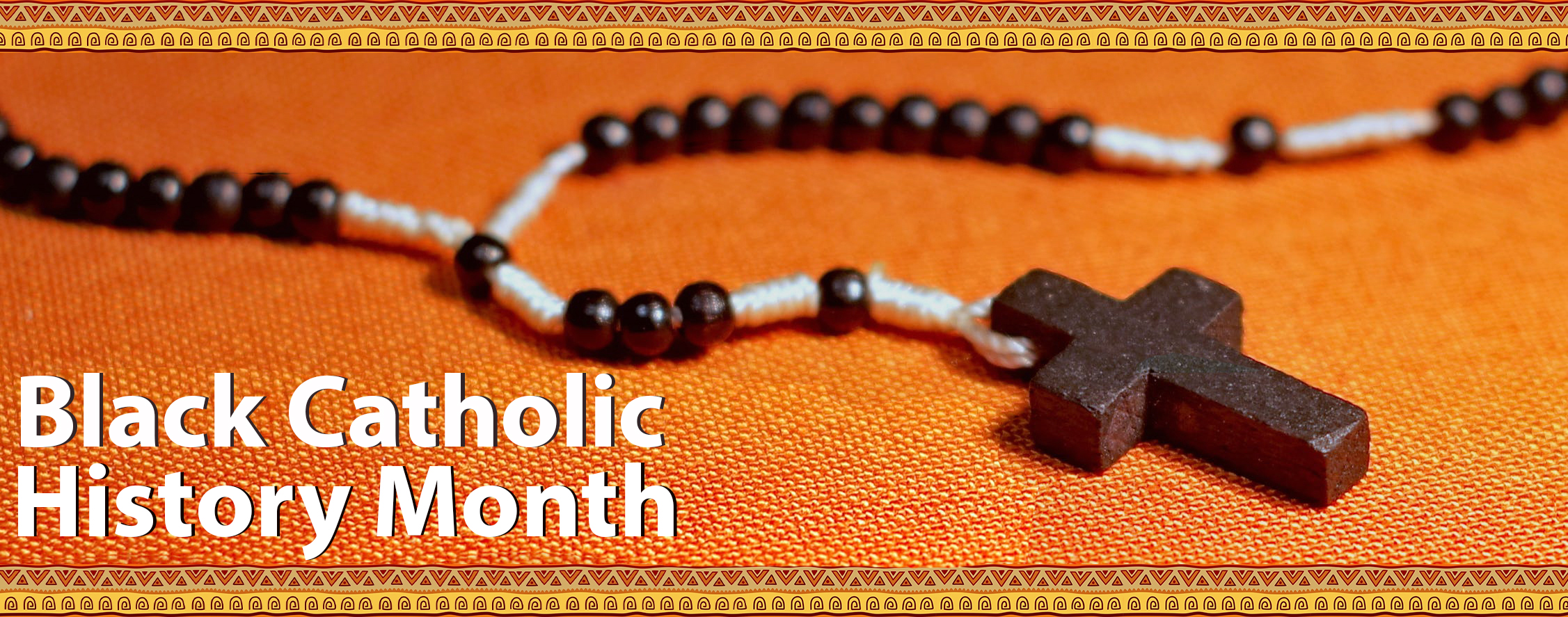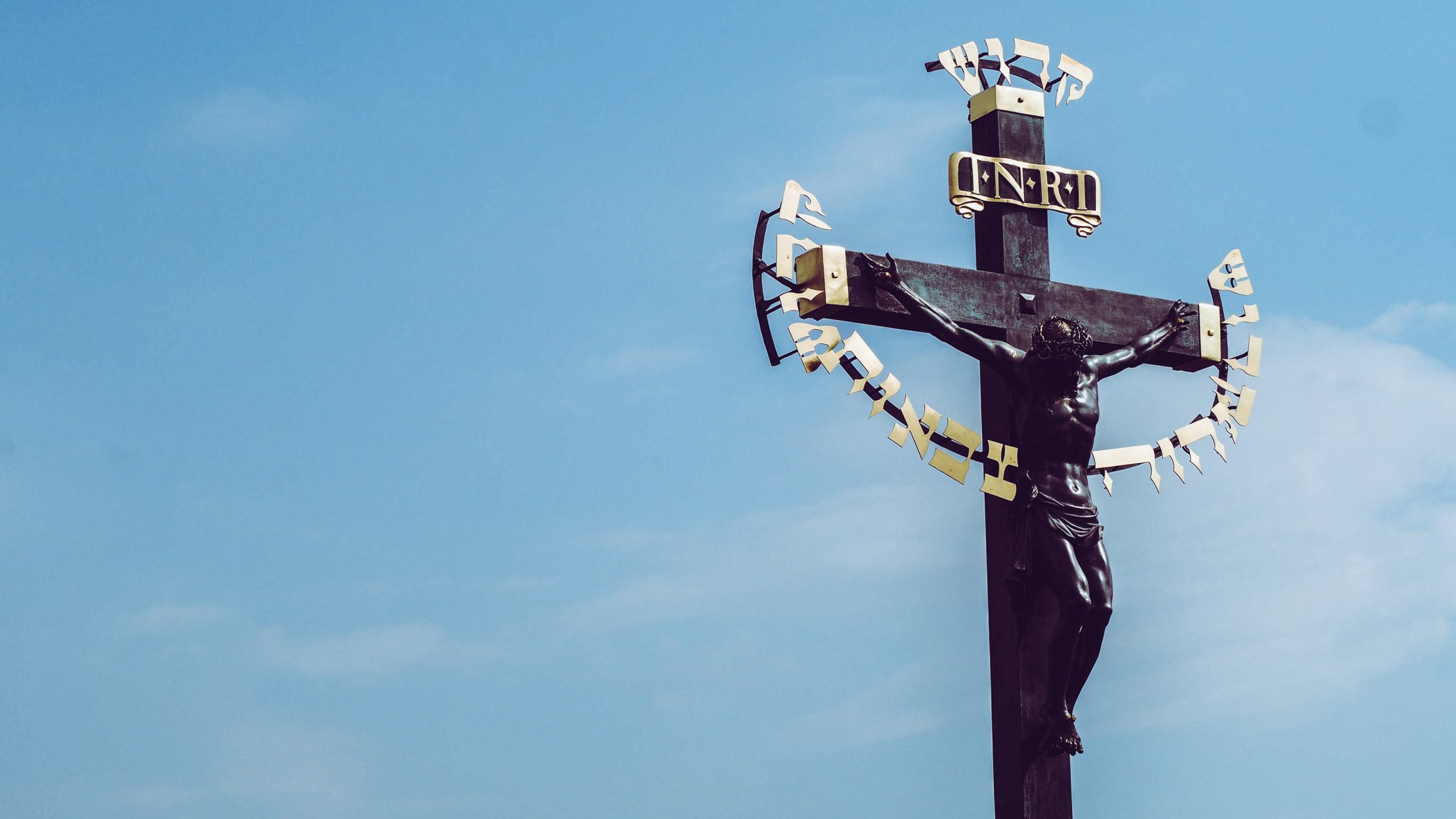
By Sister Colleen O’Toole
There I was in Peru, for the Mercy-ing gathering of Sisters of Mercy under 50 in November 2019. I was telling Sister Cora Marie Billings about my kindergarten class, going on and on about attending a Black Catholic parish, having the children share traditions at school, the songs we sing, the pictures the kids drew of Jesus, the Black saints we learned about and how my faith and worldview have transformed. When I finished, she looked at me and said, “You know, you need to go to the Institute.”

The Institute she was referring to is the Institute for Black Catholic Studies, a master’s program through Xavier University of Louisiana, the nation’s only Catholic Historically Black University, in New Orleans. The Institute began in 1980 as an extension of the work done by the National Black Catholic Clergy Caucus in 1968 and the Black Catholic Theological Symposium in 1978. Early teachers included Father Cyprian Davis, OSB; Sister Thea Bowman, FSPA; Father Bede Abrams, OFM; and Sister Jamie Phelps, OP.
I knew as soon as she said that that it was going to happen eventually, no matter what I had planned for the next few years. In my admittedly short time in religious life, I have had the blessing to know some of our wisdom sisters. They are women of deep understanding, prayer and vision. Sister Cora Marie is one of those sisters. When she tells you to do something, you do it. I kept returning to her with questions and excuses, and she kept gently and firmly dismantling them. Do they take white people? Would I be taking an opportunity from someone else? I’ve been out of school for too long! I don’t really want to study theology—it seems out of touch with our call to serve the poor, sick and ignorant. I left the meeting with a nagging feeling that she might be right.
So in July 2020, to my surprise—but not Sister Cora Marie’s—I was enrolled in the Institute for Black Catholic Studies. The Institute runs for three weeks every summer. This year, because of the pandemic, we met online. Morning Praise was at 8 a.m., then class until noon Mass and lunch. Our second class ran from 1:45 to 4:45 p.m. For a complete, holistic education, we were encouraged to attend some of the extracurricular activities. Tuesday and Thursday nights was African dance and drumming class, and Wednesday night was theological reflection. In between, we read books and wrote papers and studied like college students who had just downed an energy drink before a final the next day.
I love learning and writing and have always enjoyed school. However, it became apparent that my general background knowledge was severely lacking in this area. My professors would say something like, “You all remember what [this writer] wrote in [their famous book],” and it would be someone I had never heard of and a book I’d never read. Classmates cited theologians from movements I didn’t even know existed. My learning curve was so steep. I had an ever-growing list of things to google between classes and several very helpful classmates who messaged me with quick explanations during courses.
It was a crash course, not only in academics, but in humility. I thought I had been working very diligently on my understanding of race and racism, on being an anti-racist and on diversifying the media I consumed. I learned I still have so far to go, especially in my understanding of Black theology! Black Catholics have been in the United States since before it was founded, and some of those very old traditions still survive. We would sing a spiritual that was hundreds of years old, and it was the first time I had heard it. I learned the stories of the six Black Catholics in the United States on the road to sainthood. What other amazing gifts had I missed out on by not knowing about Black Catholicism?
It led me to reflect more on my upbringing and what I learned about race as a young person. I grew up in a white area and went to Catholic schools that were mostly, if not entirely, white. No one in my life ever explicitly said to me anything that I understood as racist. I learned that God wanted us to love everyone, no matter what, and my parents reinforced that. But race was a thing that made us different, and I learned as a child that it wasn’t nice or polite to point out peoples’ differences, be it their weight, their hair, their clothes or their race. This idea of being colorblind, that we are all the same on the inside, was very prevalent, and remains so today.
A classmate of mine, Father Kareem Smith, addressed this. He said he tells people, “When we are colorblind, we deny the beauty of God’s creation. I want you to see color. I want you to see who God created me to be.” In the Institute, I saw, in a clear and honest light, the beauty and diversity of the people of God. How much do we lose by not acknowledging the true universality of the Catholic Church? And how much more will we gain by stepping out of our comfort zones and listening to the experiences of our BIPOC (Black, Indigenous, People of Color) sisters and brothers?
In placing myself in a position of humility, I grew more than I ever could have imagined. Immersing myself in Black Catholicism expanded my heart and helped me realize the true global character of Catholicism. After all, Ethiopia was one of the first regions to embrace Jesus’ message! I look forward to my classes next summer, and I pray that between semesters, I remain open to finding God in people and cultures different than my own.